Beddit has announced that its new Beddit 3 sleep tracker will be available at select Apple retail stores, alongside Amazon and Beddit.com, on October 4 for $149.
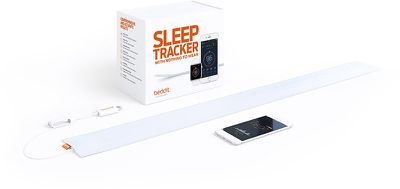
The Beddit 3 Sleep Tracker continuously measures sleep, heart rate, breathing, and snoring in detail when a person lies down in bed, providing personal insights to help users develop improved habits for better sleep.
The thin, flexible, and soft sensor is designed to be placed under the sheet on top of the mattress, with no charging needed. Beddit says the sensor works with all beds, even with two people sleeping side by side.
Beddit 3 also taps into a network of healthcare professionals through integration with eClinicalWorks and Healow.
Utilizing the industry’s most comprehensive and accurate set of data and features, the Beddit 3 Sleep Tracker enables access to a vast network of professionals. It is the first dedicated sleep tracker integrated with eClinicalWorks and Healow, the largest Electronic Healthcare Record (EHR) service in the United States with more than 115,000 physicians across all 50 states.
Beddit's Sleep Tracker app is available on the App Store for iOS 10 and watchOS 3, while data can also be shared with Apple's Health app.


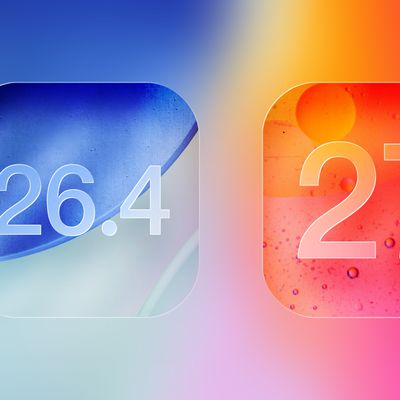



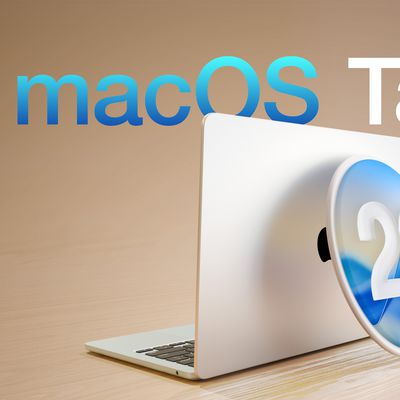
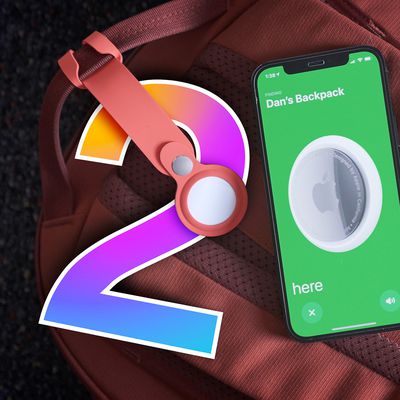

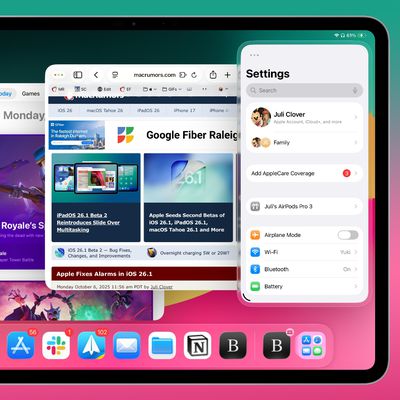










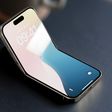



Top Rated Comments
Are you trying to limit RF because it might cause cancer? Do you shut down your WiFi and other wireless devices when not needed? I have a relative that was asked to build a house for a lady using all of the latest technologies to keep RF out, protect from electromagnetic fields (EMFs), etc. It was interesting to hear about what all they were doing, but I also couldn't help but think this lady was being taken for a ride because she was willing to pay whatever the cost. :(
I think I'll keep using Sleep Cycle or similar sleep apps and just deduce that my heart was beating while I slept.
And, as @Defthand said, you folks mocking it maybe need to study up a bit on modern health 101. Sleep (qty and quality) is one of the more important (and overlooked) health factors.
Look, I started out in amateur radio back in high school. My original degree was in electronics engineering. I know a thing or two about RF. ;) The problem with those links you sent (and the studies) is that they are operating off like 1950's science.
I'm not worried that Bluetooth is likely to bake my cells or corrupt my DNA (cell signals might, though). However, we now know that genes are more like computers, where the inputs effect the output. cf. epigenetics
I don't know if it's going to cause a problem or not... but neither do the people saying it's safe. What I do know is that RF is almost certainly having some effect at that level. I also know that the strength drops off exponentially, so having a wireless mouse is far different than sticking a transmitter in your ear.
Do what you like. I'm going to try and eliminate risks I don't need to be taking.
Oh, for sure. For most people, they could do *so* much improvement before turning to stuff like this, AND (as I've argued against the 'fitness' stuff on the Apple Watch) it might actually distract people from doing the higher impact fixes.
And, that article makes an important point that most of this sensor stuff is kind of guessing anyway when it comes to what's really going on with us, especially where the mind is concerned. Good points.
But, I'm not sure it has to be an either/or kind of thing. If you're not getting enough sleep, and then it wakes you up 30 minutes early, that's bad. But IF it could properly detect the sleep cycles and you were getting enough sleep, then it could be helpful.